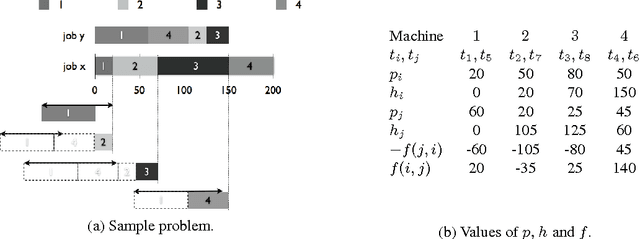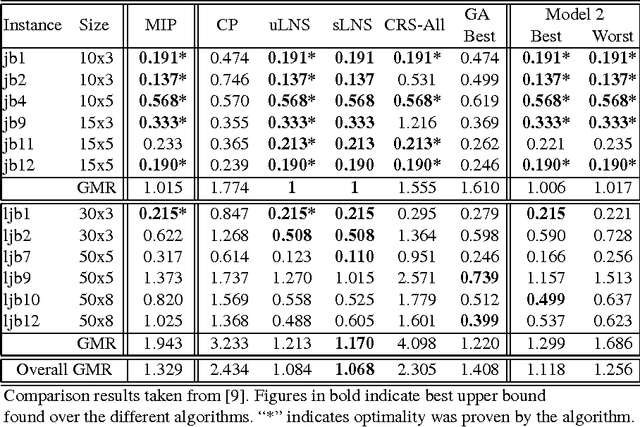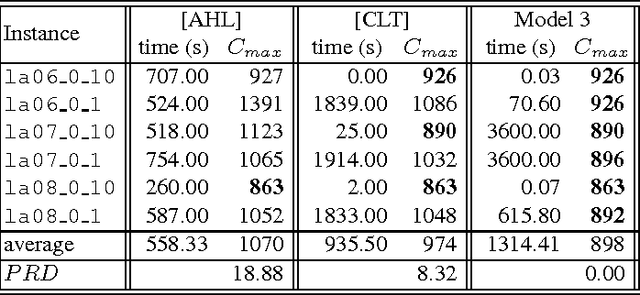Diarmuid Grimes
4C UCC
Neural Architecture Search using Particle Swarm and Ant Colony Optimization
Mar 06, 2024Abstract:Neural network models have a number of hyperparameters that must be chosen along with their architecture. This can be a heavy burden on a novice user, choosing which architecture and what values to assign to parameters. In most cases, default hyperparameters and architectures are used. Significant improvements to model accuracy can be achieved through the evaluation of multiple architectures. A process known as Neural Architecture Search (NAS) may be applied to automatically evaluate a large number of such architectures. A system integrating open source tools for Neural Architecture Search (OpenNAS), in the classification of images, has been developed as part of this research. OpenNAS takes any dataset of grayscale, or RBG images, and generates Convolutional Neural Network (CNN) architectures based on a range of metaheuristics using either an AutoKeras, a transfer learning or a Swarm Intelligence (SI) approach. Particle Swarm Optimization (PSO) and Ant Colony Optimization (ACO) are used as the SI algorithms. Furthermore, models developed through such metaheuristics may be combined using stacking ensembles. In the context of this paper, we focus on training and optimizing CNNs using the Swarm Intelligence (SI) components of OpenNAS. Two major types of SI algorithms, namely PSO and ACO, are compared to see which is more effective in generating higher model accuracies. It is shown, with our experimental design, that the PSO algorithm performs better than ACO. The performance improvement of PSO is most notable with a more complex dataset. As a baseline, the performance of fine-tuned pre-trained models is also evaluated.
Models and Strategies for Variants of the Job Shop Scheduling Problem
Sep 27, 2011



Abstract:Recently, a variety of constraint programming and Boolean satisfiability approaches to scheduling problems have been introduced. They have in common the use of relatively simple propagation mechanisms and an adaptive way to focus on the most constrained part of the problem. In some cases, these methods compare favorably to more classical constraint programming methods relying on propagation algorithms for global unary or cumulative resource constraints and dedicated search heuristics. In particular, we described an approach that combines restarting, with a generic adaptive heuristic and solution guided branching on a simple model based on a decomposition of disjunctive constraints. In this paper, we introduce an adaptation of this technique for an important subclass of job shop scheduling problems (JSPs), where the objective function involves minimization of earliness/tardiness costs. We further show that our technique can be improved by adding domain specific information for one variant of the JSP (involving time lag constraints). In particular we introduce a dedicated greedy heuristic, and an improved model for the case where the maximal time lag is 0 (also referred to as no-wait JSPs).
 Add to Chrome
Add to Chrome Add to Firefox
Add to Firefox Add to Edge
Add to Edge